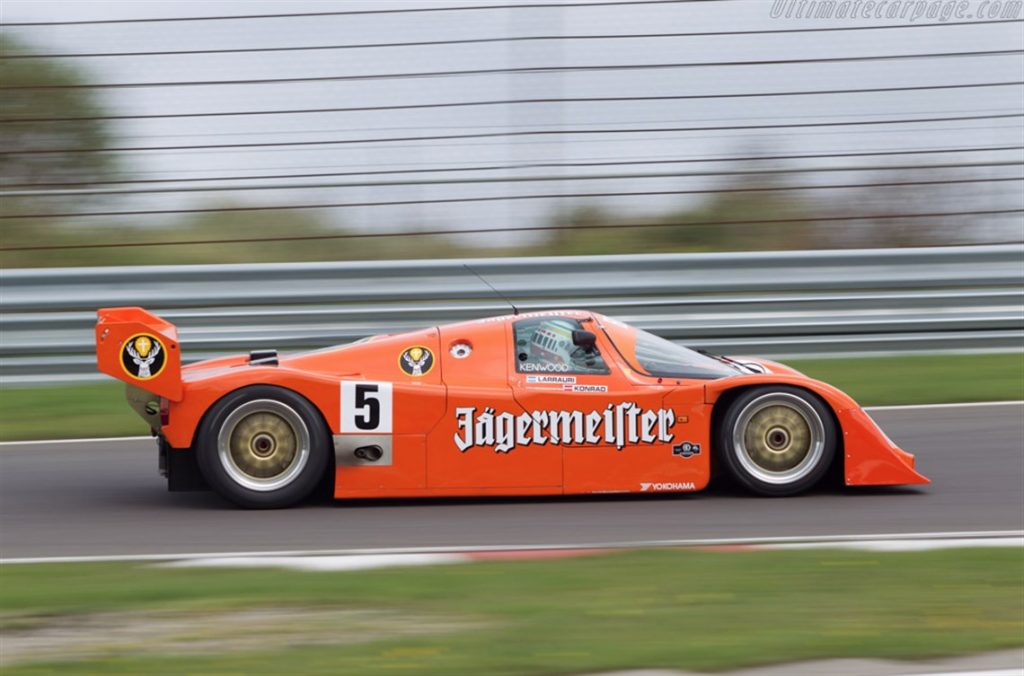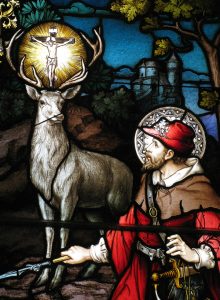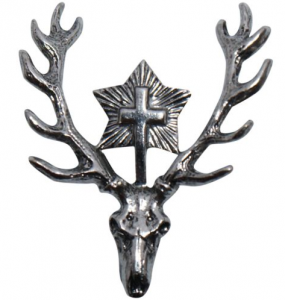With the holidays officially upon us I can’t imagine a better occasion to blog about my all time, most favorite Christmas drink in the world: Jagermeister. Most of us are familiar with the unique shape of the bottle and the equally interesting taste, but much about Jagermeister remains a mystery.
Does Jagermeister really have deer blood in it? What is the translation of Jägermeister in English? Why is there a deer on the Jagermeister bottle? For those looking to became their own Jager-experts, I welcome you to read on.
1. Jagermesiter Does Not Contain Deer Blood – My apologies go out to all of those who thought they were imbibing the spirit of an animal. Contrary to what you might have heard, there is no deer blood in Jägermeister.
Need proof? Go no further than the official Jagermeister website for their clarification:
2. What Does Jägermeister Mean in German? – Jägermeister is the German word for a hunting official or game warden. In the German language, the translation of the word hunter is Jäger while the word for expert is Meister.
As a quick aside, I originally thought that Jagermeister translated to professional hunter. From a literal standpoint that is true, however, this isn’t how the word is used in the German language.
3. 1934 – The year Curt Mast, son of Wilhem Mast, the firm’s founding father, concocted the Jägermeister recipe. Mast Jr. was an avid hunter, which prompted him to dedicate his newly created recipe to the sport.
4. Jagermeister is a Kräuterlikör – In Germany, Jagermeister is classified as a Kräuterlikör, which in English translates to herbal liquor. Back in the day, many medicines in Germany consisted of herbs mixed with alcohol.
5. What’s With that Deer on the Bottle? – The story goes something like this: Hubertus, also known as a Hubert, a French hunter living in the 8th century goes on a hunting expedition on Good Friday. He soon encounters a deer, which he begins to pursue. When the deer turns around, Hubertus is astonished to see a crucifix between its antlers. Caught like a deer in headlights (I couldn’t resist) Hubertus hears the voice of God commanding him to either lead a pious life or suffer an eternity in hell. And the rest is history.
Hubertus would go on to become the patron saint of not only hunters, but also mathematicians, opticians, and metal workers—all calls of life that often require a couple shots of Jager from time to time.
6. Wolfenbüttel – That’s the city in Lower Saxony, Germany where Jaegermeister has its headquarters.
7. Those Strange Words On The Bottle – It’s a 19th century poem written by Oskar von Riesenthal:
Das ist des Jägers Ehrenschild,
daß er beschützt und hegt sein Wild,
weidmännisch jagt, wie sich’s gehört,
den Schöpfer im Geschöpfe ehrt.
I’m not a professional German translator, nevertheless, I don’t feel my interpretation of the poem is too far off, especially when you consider the themes we’ve already explored.
This is the hunter’s badge of honor,
That he shall protect and nurture the game belonging to him,
Hunting like a true sportsman, is how it should be,
To honor the Creator in His creatures.
8. Jagdabzeichen – This is the German word for a hunting badge (see image above). And guess what? It’s common for skilled hunters in Germany to receive an award displaying the deer with the cross above its head. Look familiar?
9. Unique In America, Not In Germany – When visiting Germany, you’ll find plenty of Kräuterlikör’s to choose from, many of which are only available in certain regions. Wurzel Peter happens to be one of my favorites when I’m visiting Berlin, mostly because the bottle has a cool design with a gnome on it. There is also Underberg, which is famous in Germany for being a post-dinner digestive.

Jägermeister’s global recognition is due to its many large scale branding efforts, the “Jägermeister” Porsche 962C being one of many examples.
10. In German Culture – Jagermeister is a long time sponsor of Formula 1 racing as well as soccer (or as they say in Europe, football). Finally, a really cool tribute to the drink was put together by a German band called Die Toten Hosen / The Dead Pants.
I hope these fun facts about Jagermeister will help your team win some bar trivia matches or at the very least settle some disputes among friends. Enjoy!



February 15, 2015 at 11:54 pm
Love it! Thanks for the funfacts!